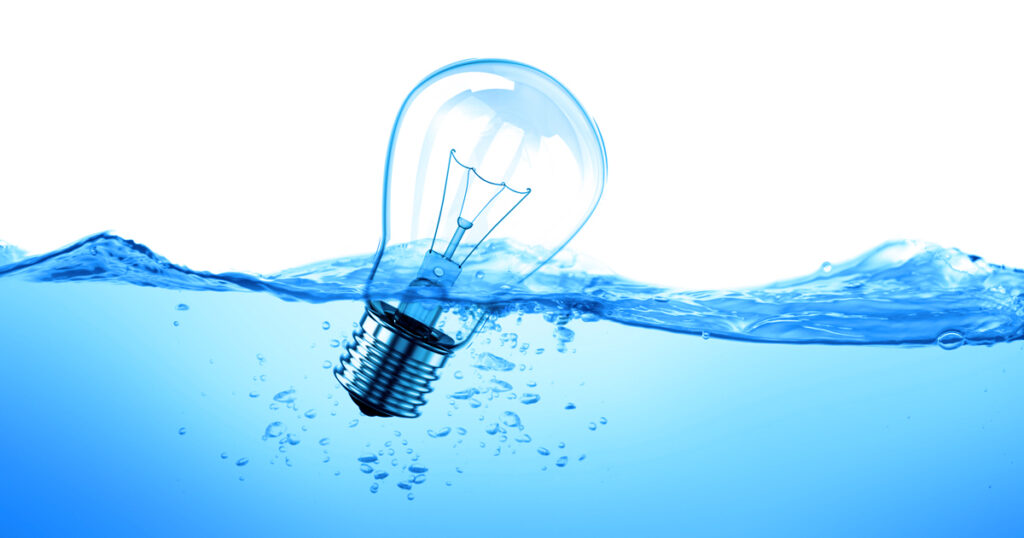
Technological advancements have revolutionized various industries, compelling them to explore ways to optimize their business processes. One such industry is the water sector, which is globally recognized for its vast network of fixtures and fittings, estimated to be at least 1 billion in number. Over the years, these components have been continuously upgraded to enhance service delivery across the board. One remarkable innovation that has emerged is the smart water meter, a technology that has empowered utility companies to gain insights into water usage patterns in specific localities, enabling them to go beyond mere billing and consumption monitoring.
But what exactly are smart water meters? These devices are integrated sensors and software systems that capture water consumption data at the building level. They typically come with a web-based interface that allows users to monitor and analyze their building’s water usage in real-time, providing valuable insights for efficient water management.
So how do smart meters work? Engineers and developers have relentlessly pursued ways to improve water usage efficiency within properties, and one solution they have found is the installation of smart meters. These meters meticulously track water usage, allowing for a comprehensive understanding of consumption patterns across appliances and fixtures. The metering system is monitored through a web or app-based portal, which categorizes water usage into specific areas such as car washes, kitchens, and shower heads. The collected data is then transmitted to a central database, enabling analysis to identify areas of high water usage or sudden changes in specific categories being monitored.
The advantages of employing smart water meters are manifold. Water conservation is a significant benefit, as countries face increasing pressure to help consumers save money and reduce water wastage. Property owners can now have real-time access to information about how much water is being used, empowering them to design more water-efficient buildings and optimize resource allocation accordingly.
Additionally, smart water meter devices can detect water leaks by continuously monitoring consumption in real-time. Sudden drops in pressure, which can often be indicative of a leak, are promptly identified, enabling managers of large-scale facilities to avert structural damage and related costs.
However, despite their efficiency, smart meters also come with some drawbacks, hindering their widespread adoption. The primary challenge lies in the higher deployment and maintenance costs. Regular calibration and inspection of the meters for accuracy can be costly endeavors.
In areas with multiple tenants, managing water usage becomes costly when different suppliers provide smart water meters. Each manufacturer utilizes different communication protocols and interfaces to collect data from their meters, making it expensive for property owners to maintain multiple systems. To alleviate this issue, using a single manufacturer’s meters can be a viable solution.
Another consideration when using smart water meter devices is the need for a power source to ensure their functionality. Working with experts who can provide guidance on the best way to implement power cabling for these devices becomes crucial. With proper planning and execution, the challenges associated with power cabling can be overcome, unlocking the full potential and benefits of smart water meters.
Recognizing the advantages of this technology, the National Water and Sewerage Corporation (NWSC) has embraced smart meters. Currently, these meters are installed in all government parastatals and institutions, including the police, Uganda People’s Defense Forces (UPDF), and Uganda prisons. Furthermore, the corporation is actively developing homegrown innovations to support domestic and commercial accounts, reflecting NWSC’s commitment to serving the population in more innovative ways.
The introduction of smart water meters has transformed the water industry by providing invaluable insights into water consumption patterns at the building level. Although challenges exist, such as higher deployment and maintenance costs, as well as the need for careful power cabling planning, the benefits outweigh the drawbacks.
As technology continues to advance, smart water meters will undoubtedly play a crucial role in optimizing water usage, conserving resources, and fostering sustainable practices in the water sector.


